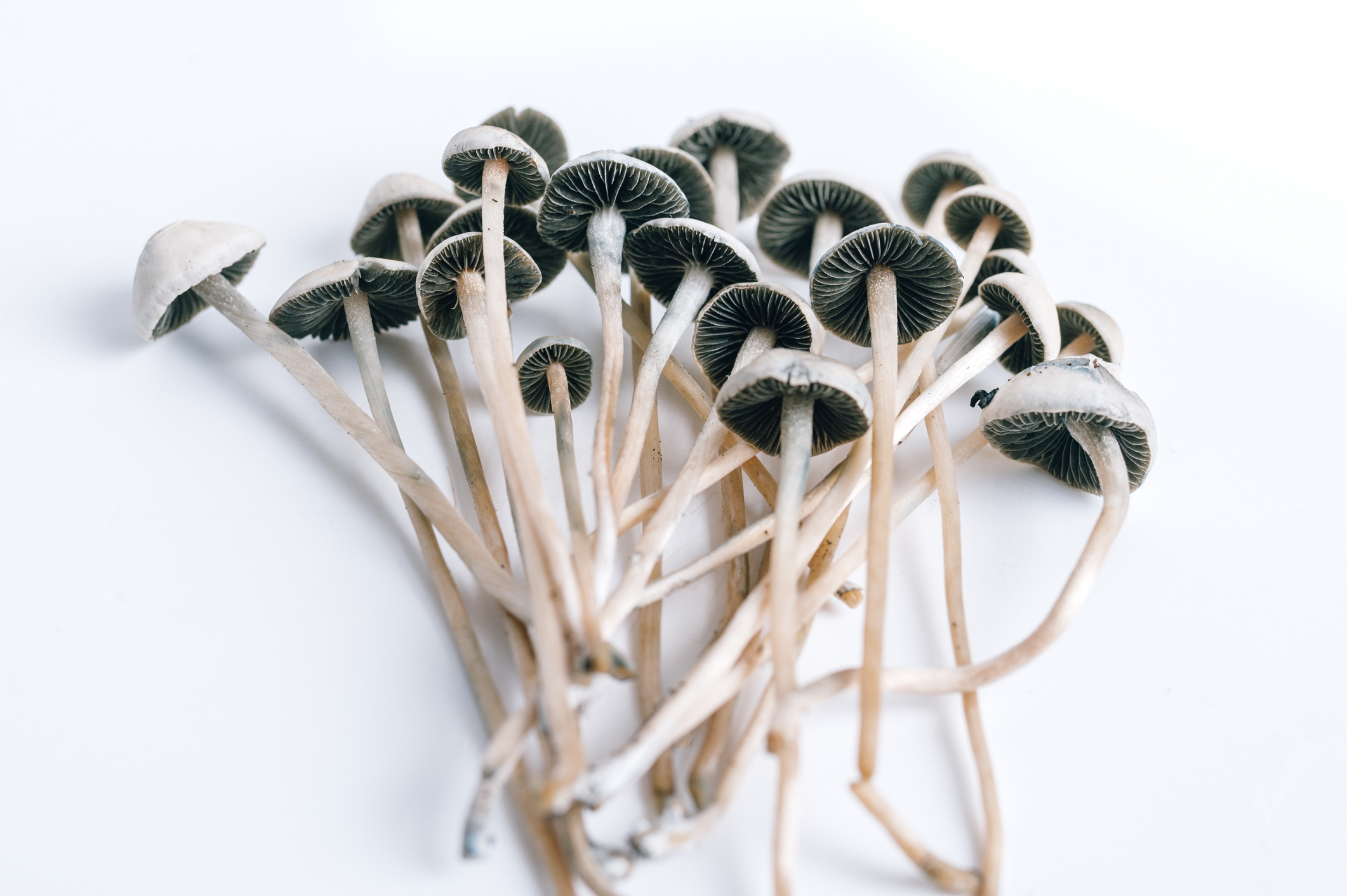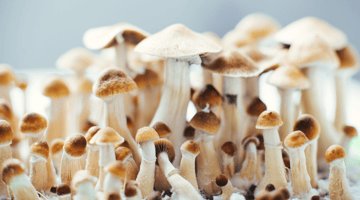In this blog, we will look at some of the key challenges facing animal health manufacturers and highlight why building a long-term relationship with the right testing partner is vital for your...
Emerging pharmaceutical sectors to watch in 2023: Pyschedelics
Pharmaceuticals

Feb 7, 2023 | Published by Chris Allen
Pharmaceuticals
Broughton CEO, Chris Allen, looks at the emerging field of psychedelic pharmaceutical drug development and shares some of the best articles he read in 2022.
What are psychedelics?
Psychedelics, also known as hallucinogens, are a class of drugs that alter the user's perception, mood, and cognitive processes. These drugs have been used for centuries for spiritual, therapeutic, and recreational purposes. Legal barriers have made the scientific study of psychedelics difficult, but studies that have been conducted show that psychedelics are physiologically safe and rarely lead to addiction. In recent years, there has been growing interest in psychedelic drug-assisted therapies, i.e., when a provider offers traditional treatments, such as psychotherapy, alongside psychedelics.
What therapeutic areas could psychedelics help address?
One of the most promising uses of psychedelic pharmaceutical drugs is their use in the treatment of mental health disorders. Psychedelics are considered possible treatments for depression, anxiety, and post-traumatic stress disorder (PTSD). Psilocybin, found in "magic mushrooms," is being researched as a possible alternative treatment for depression in patients who have not responded to other traditional forms of treatments.
The therapeutic areas that psychedelics could help address are vast, including depression, anxiety, PTSD, addiction, and pain management. Research has shown that psychedelics have the potential to reset neural circuits, allowing for a new perspective on old problems and inducing a state of openness and introspection that can result in therapeutic breakthroughs.
Another potential use of psychedelics is in the treatment of addiction. Research is also looking at how they could play a role in treating addiction to substances such as alcohol, nicotine, and opioids. In one study, psilocybin effectively reduced alcohol dependence and cravings in patients with alcohol use disorder.
In addition to their therapeutic uses, psychedelics also have the potential for use in neuroscience research. Psychedelics can alter the brain's neural networks, providing researchers with a unique opportunity to study the effects of these drugs on the brain. This research could lead to a better understanding of the brain and the development of new treatments for mental health disorders.
How do psychedelics work?
Scientists and researchers are still unsure how psychedelics work, and the drugs are not effective for all patients. Scientists have outlined three potential ways psychedelics can help patients:
Mystical or psychedelic experiences: Intensely meaningful experiences under the influence of psychedelics may shift a person’s mindset or belief system, causing them to think or behave differently.
Increased suggestibility: People using psychedelics may be more suggestible. This can make them more responsive to positive suggestions from a therapist or to the benefits of their own hallucinations.
Neurotransmitter changes: Neurotransmitters are chemical messengers in the brain. Many mental health drugs act directly on neurotransmitters to change a person’s mood. Certain psychedelic drugs also may act on neurotransmitters, changing the brain’s behavior and improving mood.
How is the psychedelic industry positioned at the start of 2023?
The use of psychedelics in pharmaceuticals is still in the early stages of research and development. More studies are needed to fully understand the potential benefits and risks of using these drugs for therapeutic purposes.
The psychedelic industry is positioned for growth in 2023 as it becomes increasingly recognized as a legitimate scientific and medical research area. This recognition is reflected in the increasing number of clinical trials conducted to assess the safety and efficacy of psychedelics in treating various mental health conditions. Major pharmaceutical companies, including Johnson & Johnson and Compass Pathways, are investing in developing psychedelics, signaling a growing interest in this emerging field.
Currently, the legal status of psychedelics poses a challenge for researchers and pharmaceutical companies interested in developing these drugs for medical use. Despite these challenges, the potential uses of psychedelics in pharmaceutical drugs are promising. As research continues to advance, we may see the development of new and effective treatments for several mental health disorders and addictions that affect millions of people each year.
How are Psychedelics regulated?
Regulation of psychedelics varies across the U.S., UK, and EU pharma industries. In the U.S., psychedelics are classified as Schedule I substances by the Drug Enforcement Administration (DEA), meaning they have a high potential for abuse and no accepted medical use. However, there is a growing consensus among medical professionals, researchers, and policymakers that psychedelics have therapeutic potential and should be reclassified to allow for more research and development.
In the UK, psychedelics are classified as Class A controlled substances, meaning they have a high potential for abuse and harm. However, the UK government has recently announced a review of the classification of psychedelics, which could lead to reclassification and a more relaxed regulatory environment.
The regulatory landscape for psychedelics in the EU is less clear, with different countries having different classifications and regulations for these substances. However, as the therapeutic potential of psychedelics becomes more widely recognized, governments will likely align regulations across the EU to allow for more research and development.
Interesting articles on psychedelics that you might enjoy.
“Psychedelics As Treatment Options For Mental Health”- Ronit Molko:
A Precautionary Approach to Touch in Psychedelic-Assisted Therapy - Neşe Devenot, Emma Tumilty, Meaghan Buisson, Sarah McNamee, David Nickles, and Lily Kay Ross:
Guardian article (May 9, 2022): Europe’s first commercial facility for psychedelic drug trials to open in London, to make the UK a global leader in psychedelics research and innovation:
The first FDA-approved clinical trial of psilocin has begun - David Zarley:
https://www.freethink.com/health/psilocin-trial
Psilocybin for Depression: What You Should Know - Emma Betuel:
https://doubleblindmag.com/psilocybin-for-depression/


